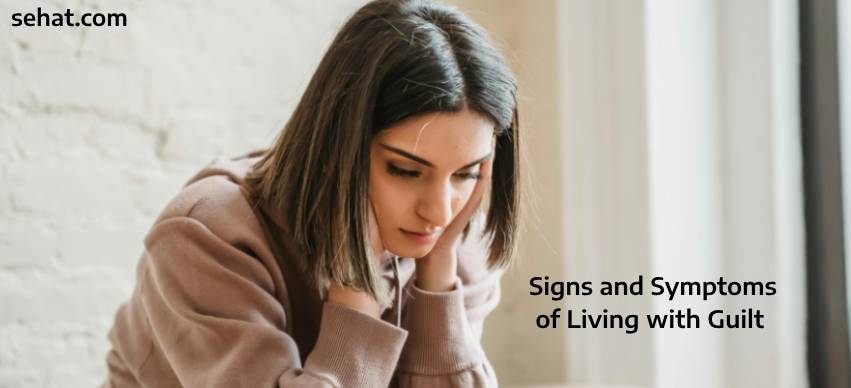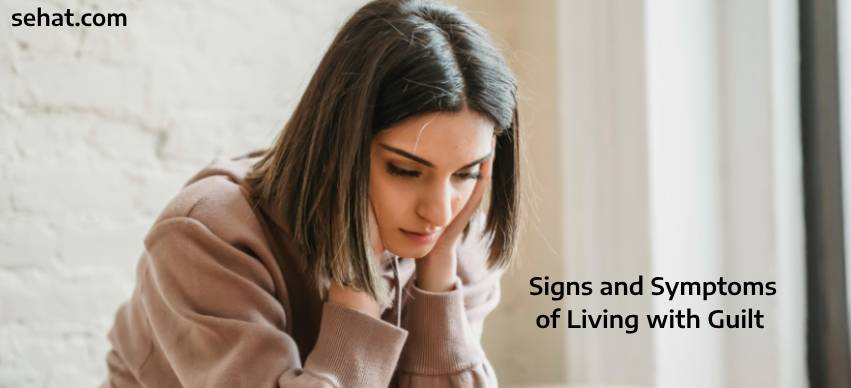Evolution of Prescription Refills: From In-Person to Online ..
6 Min Read


Guilt is something that we’re all familiar with. Maybe you told a lie, and it backfired. Perhaps you did something that you now regret, and this brings up feelings of guilt. We usually associate guilt with bad things, but there are times when it’s something positive. For example, guilt can be a reminder not to do something specific. If guilt starts to affect you at a functional level, however, then it can become a big problem in your life. In this article, we want to help you understand the signs of guilt, and how it affects you, and also talk about what you can do.
It’s important to start by understanding what symptoms guilt can cause. While the feeling of being guilty and perhaps even ashamed of your own actions are classic characteristics, there are other things that you shouldn’t overlook.
Some of these symptoms and signs can include:
One major issue with these symptoms is the fact that you don’t necessarily link them to guilt. They may appear throughout your daily life, and you take them for something else.
Over time, guilt can have a big impact on your mental health. There are also certain mental health conditions that have been linked to consistent feelings of guilt.
For example, studies have linked guilt to obsessive-compulsive disorder, also known as OCD. There’s also a connection between guilt and anxiety disorders, as well as depression.
However, these connections are complex and go both ways.
For example, in one research paper, researchers explain that people who have major depression disorder tend to also self-blame. This type of self-blaming eventually turns into guilt. You blame yourself for things you do; then you feel guilty and shameful about your actions. The consistent guilt then further contributes to the depression symptoms.
Guilt is something that can also have a long-term impact on your physical health, especially when it is an ongoing problem that you don’t address.
When looking at the physical impact of guilt, we have to consider the effects that these feelings can have on your mental health.
For example, if guilt causes depression and this becomes a vicious cycle, then you may start to experience physical symptoms. Studies have found that depression often leads to changes in appetite, chronic pain, fatigue, poor sleep, and even problems with your digestive system.
Another research paper shows there’s a concerning connection between guilt and self-harm, which can further cause physical problems to develop.
Now that we’ve taken a look at the impact that guilt can have on your life, it’s time to consider what you can do about these feelings.
Now, it’s important to note that there’s no specific treatment that’s going to work for everyone. You need to take a very personalized approach, as you have to understand what is causing you to feel this way. When you know what makes you feel guilty and shameful, you can begin to implement steps to deal with it.
If guilt results in mental health disorders, consider getting treatment. There are highly effective treatments for conditions like depression, anxiety, and OCD. By addressing these problems, you may find it easier to be in control of your own mind, and that’s a great starting point when working through things like guilt and shame.
Guilt is something that we can often overlook as another mental health problem. However, it’s also linked to certain mental conditions, and over time, it can even have an impact on your physical health. Luckily, there are strategies you can use to effectively cope with guilt, work through these issues, and improve your well-being.